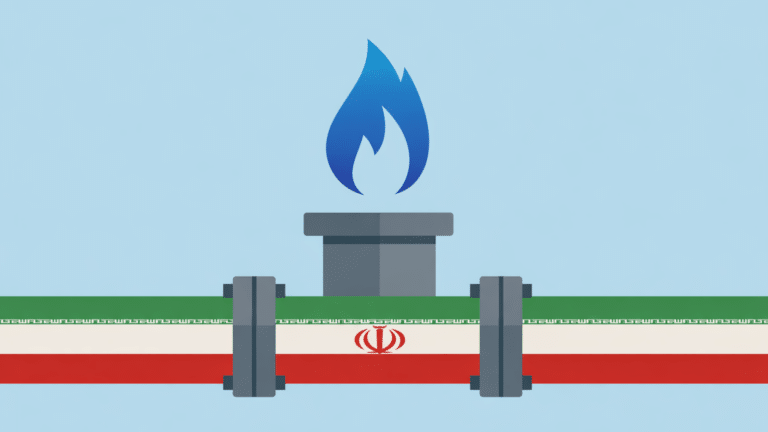This website uses cookies as well as similar tools and technologies to understand visitors’ experiences. By continuing to use this website, you consent to Columbia University’s usage of cookies and similar technologies, in accordance with the Columbia University Website Cookie Notice.
Senator Lisa Murkowski – The View of "Energy Dominance" From Capitol Hill
Host Bill Loveless sits down with Senator Murkowski, one of the leading voices in the debate to expanded U.S. drilling, to discuss new developments in the sector as well as other energy and environment policy under the Trump administration.
Bill and Senator Murkowski discuss: Congressional approval to offer oil and gas drilling in the Arctic National Wildlife Refuge; the role of regulation in energy development; the Trump Administration’s stance on to climate change; prospects for new energy policy legislation; and how to promote cooperation on energy issues in an increasingly fractured government.
More Episodes
Michael Webber on What’s Behind Rising Energy Costs
With electricity prices on the rise, the future of our power grid is attracting a lot more attention. Surging demand is at the center of the story, but...

Reporters’ Roundtable: What’s Driving US Energy Policy News in 2026?
From the affordability crisis and the data center boom, to the US government’s campaign to reinvigorate the Venezuelan oil market, energy is dominating headlines in unusual ways. And...

Anja Manuel on the Next Era of Great Power Competition
Great power competition—particularly between the United States and China—is intensifying. This rivalry is reshaping everything from technology supply chains and energy security to the future of artificial intelligence. ...

Oil and Venezuela: What’s Next?
Early on January 3, 2026, the United States apprehended Venezuelan President Nicolás Maduro and his wife and removed Maduro from power. Maduro was transported to New York, where he now faces federal charges of narco-terrorism and drug trafficking.

Relevant
Publications

Iran’s Natural Gas Paradox: Vast Resources, Limited Export Capacity
Iran appears to be a natural gas giant, due to its large proved gas reserves and significant gas production and consumption.

More Efficient Use of Venezuela’s Natural Gas Could Strengthen the Region’s Energy Security and the Country’s Electricity Sector
Venezuela holds 70% of Latin America's natural gas reserves, which it could export to Colombia and Trinidad to increase revenues.

The Climate Question That Economists Cannot Answer
Models can predict catastrophic or modest damages from climate change, but not which of these futures is coming.

